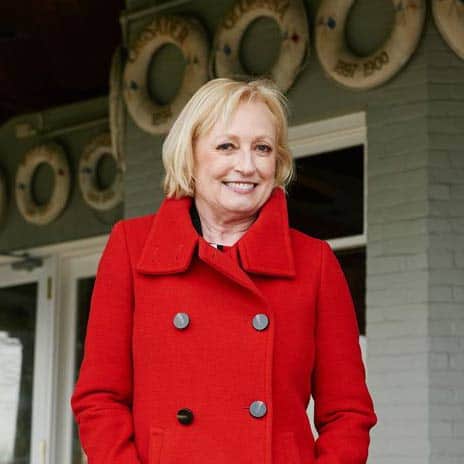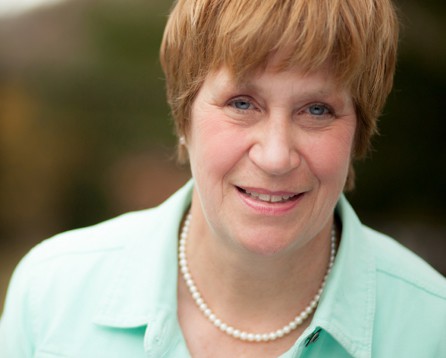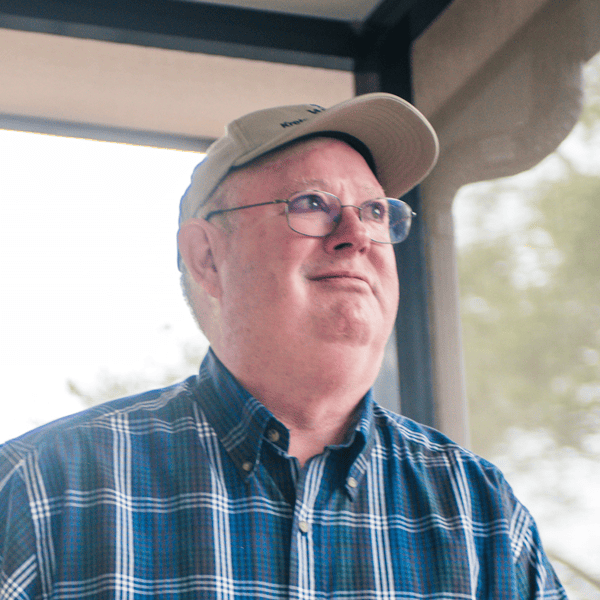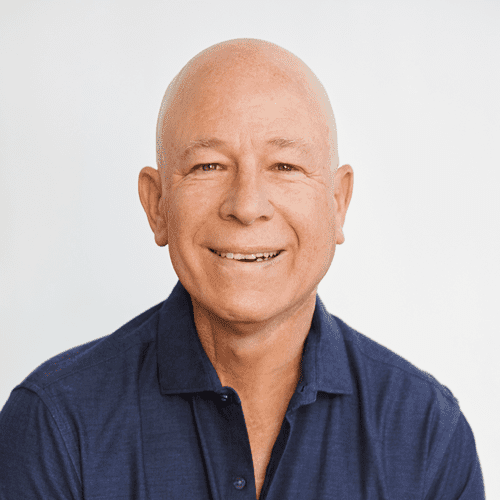Adrienne’s Story
In 2005, Adrienne learned she had Lynch syndrome, an inherited genetic mutation that significantly increased her risk for several types of cancer. Eight years later, she was diagnosed with metastatic ampullary cancer. She underwent 13 months of chemotherapy, which did not work. When genetic testing of Adrienne’s tumor showed it was microsatellite instability-high (MSI-H), her oncologist recommended she enroll in a clinical trial for pembrolizumab (Keytruda®). Just over two months later, the cancer was gone. She continued to receive treatment for two years, traveling from her home in New York to Johns Hopkins in Baltimore. Over two years since her last treatment, she remains cancer-free and has returned to her busy life working, spending time with her four daughters, practicing yoga, playing tennis, and traveling with friends and family.
UPDATE, December 2019: Adrienne remains cancer-free and spoke at the CRI Immunotherapy Patient Summit in Baltimore on November 16, 2019.
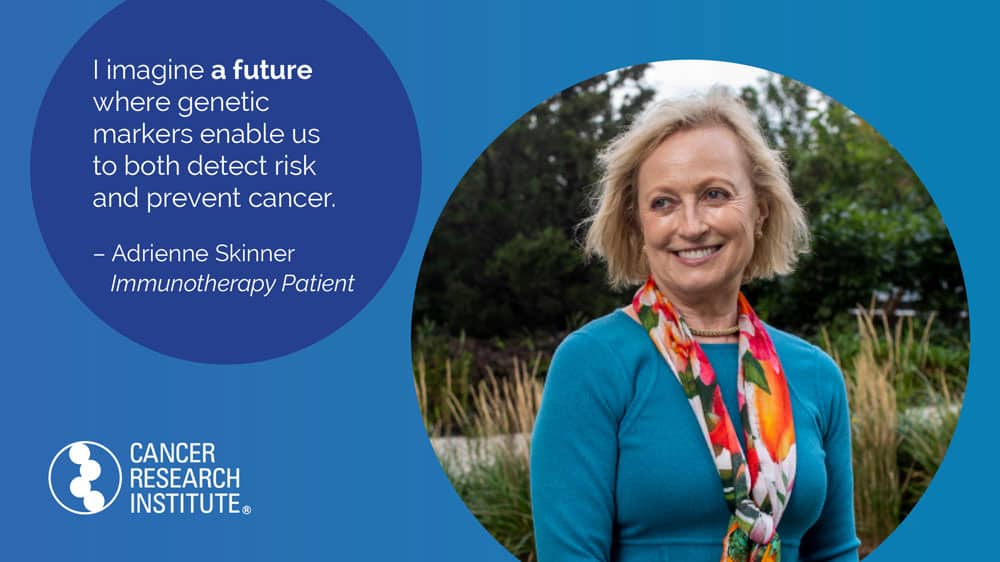
Questions and Answers
How and when did you first learn you had cancer?
My cancer was diagnosed in February 2013. I knew I had Lynch Syndrome, and went for annual colonoscopies and endoscopies. However, when I went for blood work for a scheduled colonoscopy on February 13th, my doctor told me my liver enzymes were off the charts and I needed an MRI. From there, it was quickly determined there was a tumor in my ampulla, and surgery was scheduled for Feb. 26th. However, during surgery they discovered it had spread to my liver. I started chemotherapy two weeks after surgery and did that for 13 months. It didn’t work.
How did you learn about immunotherapy and why did you decide to do it?
My doctor (Dr. Eileen O’Reilly at MSK) tried three different chemo concoctions, all of which didn’t work. She found the clinical trial at Johns Hopkins testing whether Keytruda would work for patients with MSI-High mutations in their tumors. She felt this was my best option, since we knew through the biopsy done during my surgery that I did indeed have MSI-High mutations.
What was treatment like? Did you have any side effects?
Other than having to travel to Johns Hopkins (Baltimore) from NY every two weeks, it was easy and simple. No side effects. My hair grew back, all chemo-related side effects disappeared, and I continued to live my life normally (worked full time, played tennis, yoga, gardening, etc.). More importantly, the immunotherapy treatment worked right away. After only three months, the tumor was gone. I continued treatment for the full two years as a kind of ‘insurance’ since my Lynch Syndrome causes high incidence of numerous cancers and Dr. O’Reilly felt that was prudent.
How did immunotherapy compare to other treatments you may have received, if any?
First and foremost, it worked! Not only did it mean I did not have to get the Whipple (surgery to remove cancers like mine), it meant my system was essentially preserved and my body was fully functioning without any compromises. I was honored to be part of the news coverage about the FDA’s approval of Keytruda for treatment of MSI-High identified cancers, the first drug approved for non-location specific cancer treatment.
Are there things that surprise you about the cancer experience?
I knew about my condition with Lynch Syndrome for ten years prior to my diagnosis, so one surprise is that the cancer was not caught earlier. The surgeon said it had been in my system for two years prior to discovery.
I am blessed with an amazing support network of family and friends who stewarded me through the experience in ways I had no idea were needed. You never really know how you will deal with a challenge until you are faced with it, so another surprise was how much I needed to help my family and friends deal with my diagnosis. They felt so helpless, and it hurt to watch their pain. I blogged about the process I was going through and kept to my work schedule and other facets of my life as much as I could, which helped them see I was ok.
I am blessed with an amazing support network of family and friends who stewarded me through the experience in ways I had no idea were needed. You never really know how you will deal with a challenge until you are faced with it, so another surprise was how much I needed to help my family and friends deal with my diagnosis. They felt so helpless, and it hurt to watch their pain. I blogged about the process I was going through and kept to my work schedule and other facets of my life as much as I could, which helped them see I was ok.
What would you want another patient to know about immunotherapy or about participating in a clinical trial?
We are blessed to live in a time where this amazing treatment is now a reality. Thank goodness for the perseverance of so many people, including Dr. William Coley, his daughter Helen Coley Nauts, Dr. Lloyd Old and countless others, both in the medical field and those supporting it.
Immunotherapy results continue to break new records. The basic premise is to enable our own bodies to fight our cancers, by helping to activate our immune systems. I believe immunotherapy is the future of medical treatment for cancer and encourage anyone facing the devastating news of a cancer diagnosis to consider this treatment and discuss it with your medical team. Why not? You want to use every tool you can to beat this pernicious disease and lead the life you want.
Know that we each have an opportunity to help improve cancer treatments by participating in trials, where appropriate, and supporting the work done to bring immunotherapy into active use for every cancer patient.
